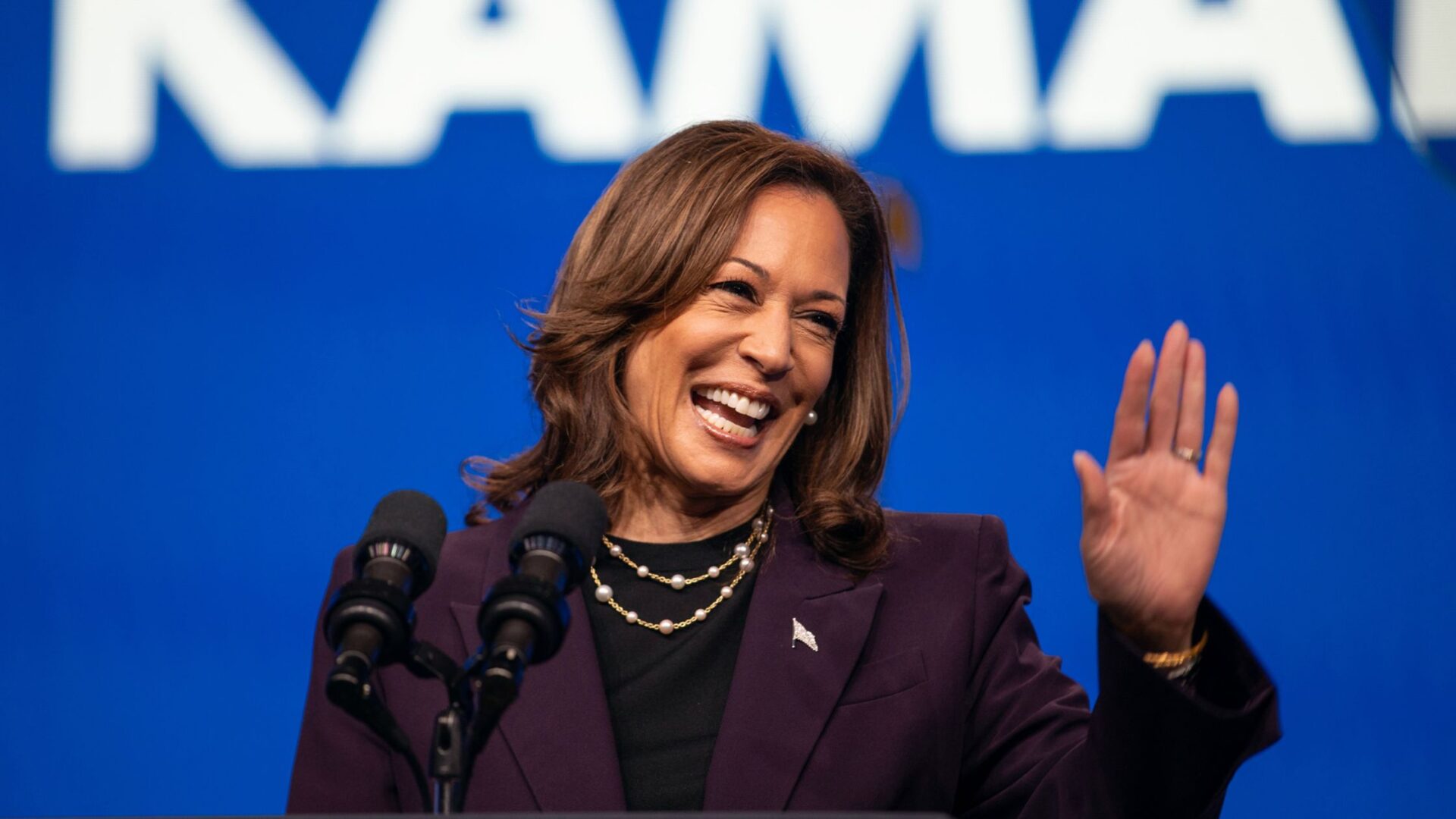Key Takeaways:
– The Latter-day Saints group for Biden saw a significant increase in supporters for the Harris-Walz 2024 campaign.
– Harris-Walz is expected to make an impact in the election, despite the Republican-leaning Mormon community.
– Campaigns like Evangelicals for Harris are trying to flip a portion of white Evangelicals who previously voted Republican.
– Conservative white religious women have displayed increased support for Vice President Harris.
Latter-day Saints Mobilize for Harris
In 2020, the Latter-day Saints group for Biden could only muster between 200 to 300 regular voters. However, four years fast forward, and things appear to have changed drastically. Remote meetings held in support of Vice President Kamala Harris’s 2024 campaign, featuring Minnesota Gov. Tim Walz as her running mate, drew 1,600 participants. Rob Taber, the group’s national director, announced this number with obvious satisfaction.
The Evangelical Factor
Harris’s campaign aims to win over some unexpected demographic groups. For instance, there are 15 to 20 percent of white Catholics and Evangelicals who have traditionally voted Republican. This is an area the Harris-Walz campaign can target and is targeting.
It’s not a straightforward task, though. The white Evangelical Christian vote heavily favored Trump in the 2016 and 2020 elections. Regardless, there is hope. Data from the last presidential election points to a crucial role played by the white Evangelicals in Michigan and Georgia who switched sides to vote for Biden. This switch was significant enough to tip both states in Biden’s favor.
Role of Women in the Campaign
Conservative white religious women are noticeably showing more support for Harris. According to Jim Ball, a reverend and leader of Evangelicals for Harris, the campaign isn’t aiming to win all, or most, Evangelicals. They are targeting people mostly in key states to impact the election.
The Harris campaign has yet to make an official comment.
Voters with a Mind to Change
Community leaders and observers have noted the dichotomy in white religious voters. Many in this demographics sway towards the Republican Party and Donald Trump. However, a sizeable number are uncomfortable with Trump’s erratic behavior, harsh comments, and authoritarian tendencies.
While the median demographic of voters this campaign is endorsing Harris are Evangelical and Catholic voters aged between 40 to 65, a broad demographic of voters feel dislodged from the Republican Party. They believe the Party’s identity has drastically changed during the Trump years.
Abortion: A Contentious Issue
The topic of abortion remains a contentious issue. Nevertheless, the Evangelicals for Harris group is focusing on presenting positive reasons for voting for Harris. They shifted the conversation to discuss who’s the most pro-family candidate. Itemized discussions include Harris’s support for healthcare access and Trump’s efforts to dissipate the Affordable Care Act. They believe being pro-family greatly involves providing affordable healthcare to families.
Christian voters’ views on the candidates are varied. Some see no choice but to abandon the Republican Party. There are others, though, who despite not agreeing with Trump, also find it hard to vote for Harris due to her stance on abortion.
Abandonment by Party or Faith: A Sad Affair
Vote for Common Good, a Christian advocacy group, is campaigning down to the wire for Harris. The group aims to inform Christian voters that their political identity isn’t bound to the Republican Party. With the race heating up, it’s clear that Harris’s 2024 campaign is taking religious and evangelical votes very seriously. Their significant role is clear, and each vote counts as the finish line draws sharply into focus.
